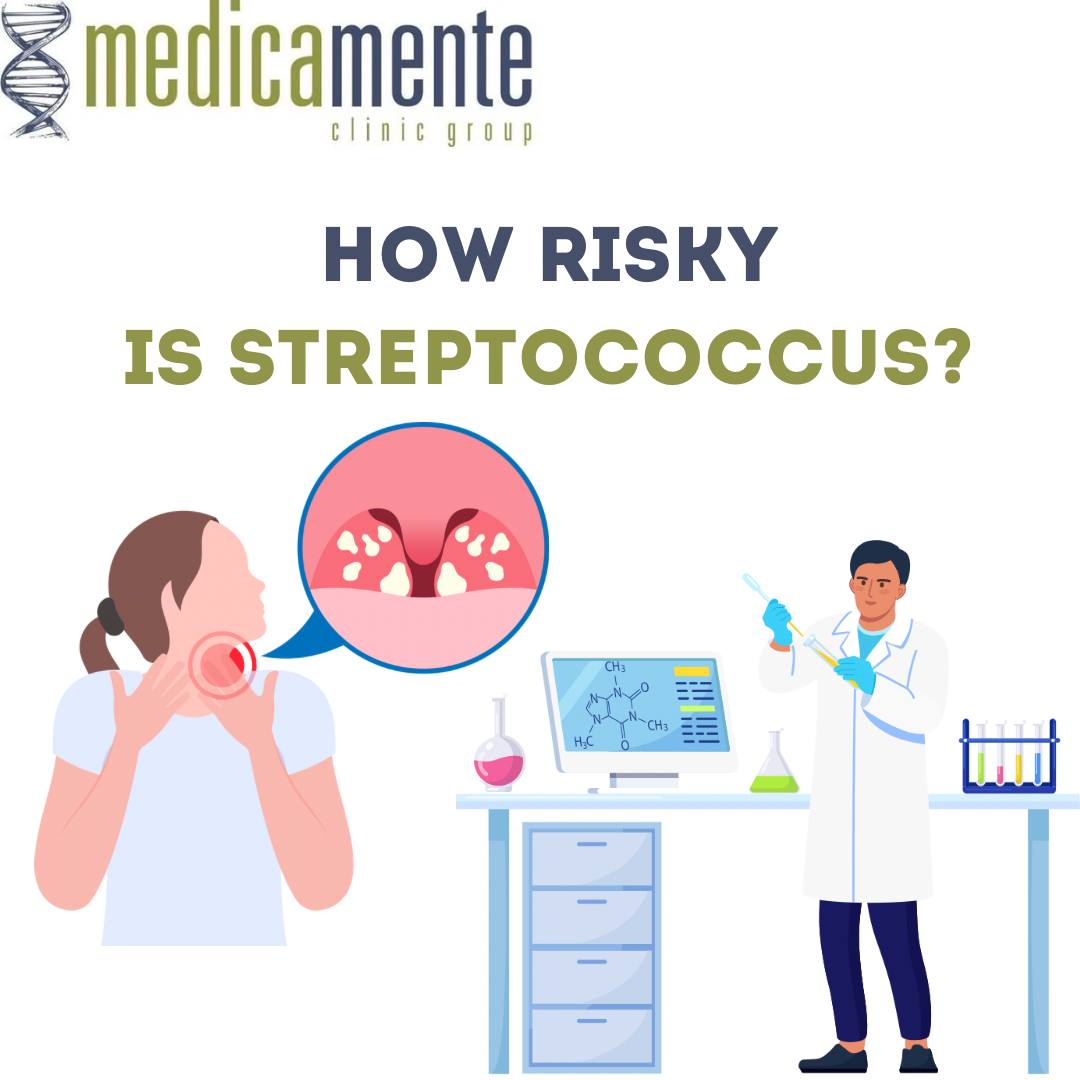
Streptococcus anginosus is a normal part of the body's flora, residing in the gut, nose, throat, mouth, and vagina.
But when it infiltrates the bloodstream, it can lead to severe and life-threatening infections.
Researchers have delved into the potentially harmful role this bacteria plays in stomach cancer development. Studies have identified five oral pathogens, including Streptococcus anginosus, in the stomach lining of patients with gastritis.
❗️ These studies confirmed that this bacteria can trigger acute inflammation, promoting cancer growth and development.
Streptococcus infections spread through respiratory droplets, contaminated food or water, and contact with infected surfaces or unwashed hands.Diseases caused by streptococcus include:
• Periodontitis
• Strep throat
• Pharyngitis
• Laryngitis
• Scarlet fever
• Bronchitis
• Pneumonia
• Meningitis
• Erysipelas
• Glomerulonephritis
• Rheumatic fever
• Impetigo
• Abscess
• Endocarditis
• Lymphadenitis
• Dental caries
• Cellulitis
• Phlegmon
Symptoms can include general malaise, headache, sore throat, sudden fever, swollen lymph nodes, and nausea.
Diagnosis: Identifying the causative pathogen requires laboratory testing. This may involve taking a throat swab, skin scraping, or urinalysis from the patient.Stay vigilant against this potentially hazardous bacteria and its symptoms. Practice good hygiene and seek medical attention if you experience persistent or severe symptoms.
Write a review
Required fields are marked with *
Categories
- GP (17)
- Therapy (3)
- News (2)
- Dermatology (2)
- Ortopedics (2)
- Mobile app (1)
- Ultrasound (1)
- Check-up (1)
Articles
Archive
- July 2024 (2)
- June 2024 (5)
- May 2024 (4)
- April 2024 (3)
- March 2024 (3)
- January 2024 (2)
- October 2023 (4)
Categories
- GP (17)
- Therapy (3)
- News (2)
- Dermatology (2)
- Ortopedics (2)
- Mobile app (1)
- Ultrasound (1)
- Check-up (1)









Comments (0)